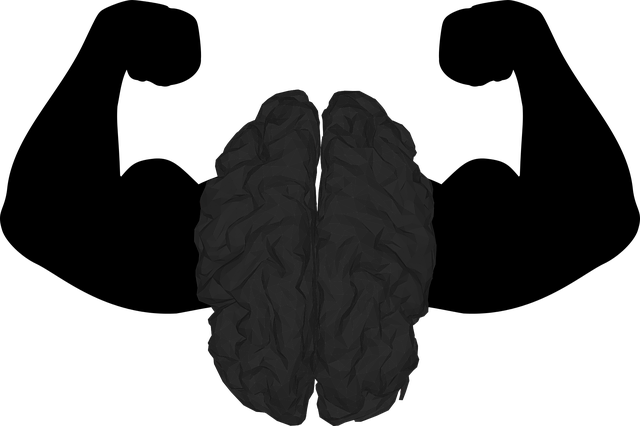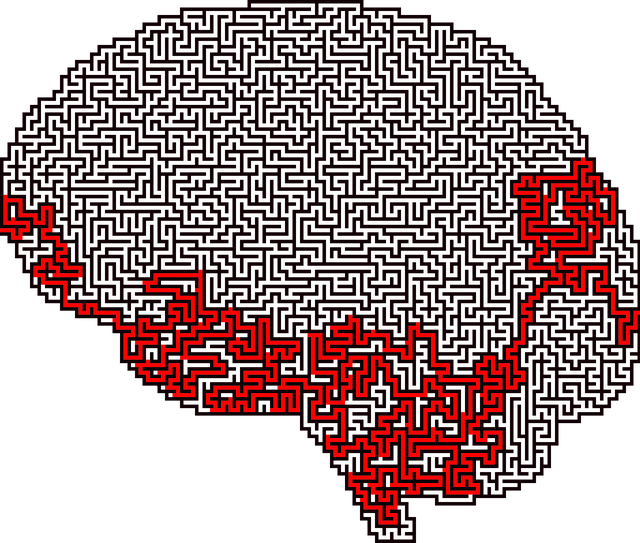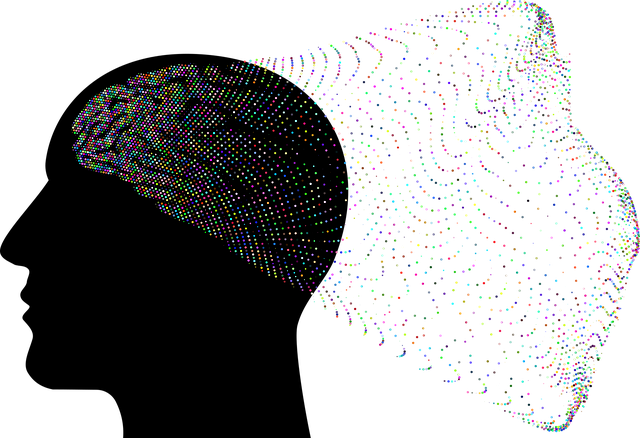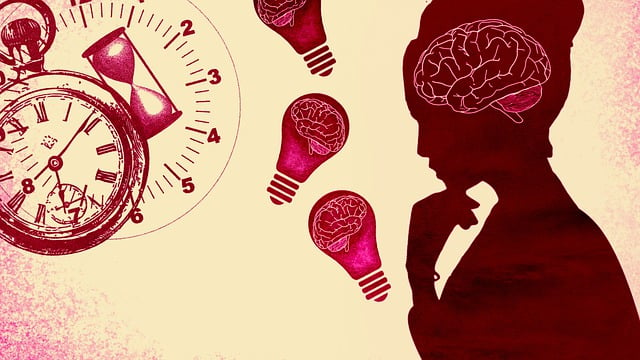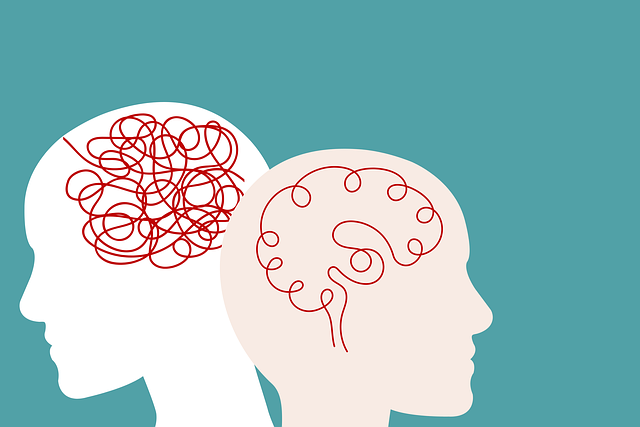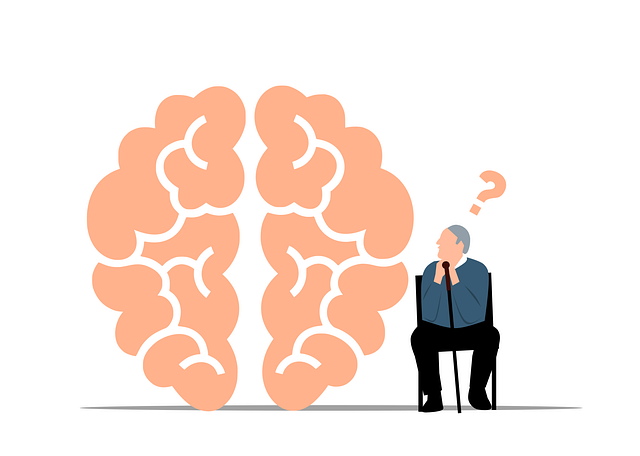In today's diverse society, cultural sensitivity in mental healthcare is crucial for effective treatment. Lafayette Dialectical Behavioral Therapy (DBT) recognizes and tailors care to individual cultural contexts, integrating traditional healing practices as needed. This approach enhances patient engagement, outcomes, and access to quality care by addressing stress management and resilience across various populations. Through mindfulness meditation, self-awareness exercises, group sessions, and individualized support, Lafayette DBT promotes cultural identity acceptance and creates a safe, inclusive environment for all mental healthcare services. Continuous learning through podcasts and workshops is vital for therapists to navigate complex cultural dynamics effectively.
Mental healthcare practices are evolving to embrace cultural sensitivity, ensuring equitable access to care. This is particularly significant in understanding the impact of cultural diversity on mental health outcomes. The article explores these nuances through the lens of Lafayette Dialectical Behavioral Therapy (DBT), a game-changing approach that navigates the complex tapestry of cultural identities. We delve into strategies for culturally sensitive practice, highlighting benefits and challenges while emphasizing the importance of DBT in fostering inclusive care.
- Understanding Cultural Diversity in Mental Healthcare
- The Role of Lafayette Dialectical Behavioral Therapy (DBT)
- Strategies for Culturally Sensitive Practice
- Benefits and Challenges: A Comprehensive Look
Understanding Cultural Diversity in Mental Healthcare

In today’s diverse society, mental healthcare professionals must embrace cultural sensitivity to provide effective treatment. Cultural diversity in this context refers to the vast array of backgrounds, beliefs, and values that patients bring into therapy. Understanding these differences is crucial for building trust and fostering a safe environment where individuals feel comfortable discussing their mental health concerns openly. For instance, Lafayette Dialectical Behavioral Therapy (DBT) recognizes that each client’s experience is unique, shaped by their cultural context. This approach ensures that treatment plans are tailored to address specific needs, whether it’s incorporating traditional healing practices or adapting communication styles to align with a patient’s preferred dialect or language.
By recognizing and valuing cultural diversity, mental health services can effectively target issues like stress management and resilience building across various populations. For example, DBT therapy techniques for stress reduction methods may vary based on cultural norms, ensuring that interventions are not only effective but also culturally appropriate. This nuanced approach has been shown to enhance patient engagement and outcomes, ultimately improving access to quality mental healthcare for all.
The Role of Lafayette Dialectical Behavioral Therapy (DBT)

Lafayette Dialectical Behavioral Therapy (DBT) plays a pivotal role in addressing cultural sensitivity within mental healthcare. This evidence-based approach is designed to help individuals, especially those from diverse backgrounds, learn effective coping skills for managing intense emotions and distressing situations. By integrating cultural considerations into therapy sessions, Lafayette DBT ensures that treatment plans are tailored to meet the unique needs of each client. The therapy focuses on developing mindfulness meditation practices and self-awareness exercises, enabling participants to cultivate a greater understanding of their emotional responses.
This holistic approach not only aids in managing symptoms but also fosters a deeper sense of self-acceptance and cultural identity. Through group sessions and individualized support, Lafayette DBT empowers individuals to navigate the challenges they face while embracing their cultural heritage. By promoting cultural sensitivity, this therapy creates a safe and inclusive environment, enhancing the effectiveness of mental healthcare services for all.
Strategies for Culturally Sensitive Practice

Incorporating cultural sensitivity into mental healthcare practice is a multifaceted approach that requires therapists to be aware of their own biases and embrace diversity. For instance, therapists in communities like Lafayette can draw from the rich tapestry of local cultures, including those influenced by the region’s unique dialectical behavioral therapy (DBT) traditions. Engaging with clients’ cultural backgrounds involves active listening, open-mindedness, and tailoring treatment plans to meet individual needs—a strategy known as person-centered care. This approach ensures that mental wellness interventions are not just culturally sensitive but also effective in fostering mood management skills among diverse populations.
The Mental Wellness Podcast Series Production can serve as a valuable tool for therapists to enhance cultural sensitivity. By creating content that reflects various cultural perspectives, therapists can educate themselves and their clients on the impact of culture on mental health. This continuous learning process enables practitioners like those offering Lafayette DBT therapy to provide more inclusive care. Additionally, participating in workshops or training sessions focused on cultural competence further equips professionals with strategies to navigate complex cultural dynamics, ultimately improving patient outcomes.
Benefits and Challenges: A Comprehensive Look

Cultural sensitivity in mental healthcare is a multifaceted approach that offers profound benefits while presenting unique challenges. On one hand, integrating cultural competency into practices like Lafayette Dialectical Behavioral Therapy (DBT) can significantly enhance patient outcomes. This involves understanding and respecting diverse belief systems, values, and communication styles, thereby fostering an environment where individuals feel seen, heard, and validated. Such an inclusive setting not only encourages open dialogue but also empowers patients to engage actively in their treatment plans, leading to improved adherence and overall well-being.
On the other hand, navigating cultural differences requires careful consideration and ongoing training for mental health professionals. They must be adept at conducting comprehensive risk assessments for Mental Health Professionals, tailoring interventions while appreciating Inner Strength Development, and advocating for policies that promote equity in access to care (Mental Health Policy Analysis and Advocacy). Striking a balance between these challenges is crucial to ensure culturally sensitive care that respects individual identities and contributes to positive mental health outcomes.
Cultural sensitivity in mental healthcare is no longer a consideration, but an essential practice. As communities become increasingly diverse, it’s crucial for professionals to understand and embrace cultural differences to provide effective treatment. The Lafayette Dialectical Behavioral Therapy (DBT) approach offers a promising framework, demonstrating the power of tailoring therapy to individual needs. By integrating culturally sensitive strategies, mental health practitioners can enhance patient outcomes, foster trust, and create inclusive environments. This comprehensive exploration highlights the benefits and challenges, encouraging professionals to embrace cultural diversity as a key component in modern mental healthcare.
